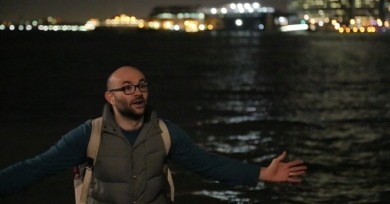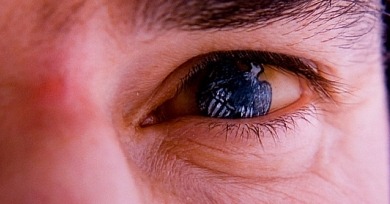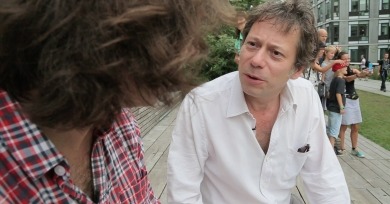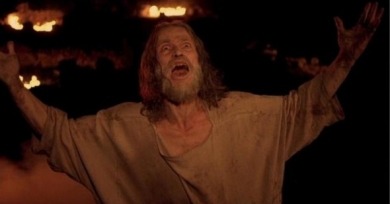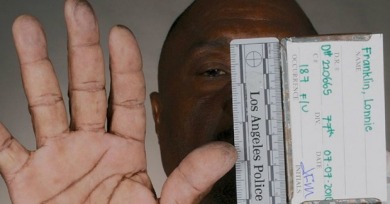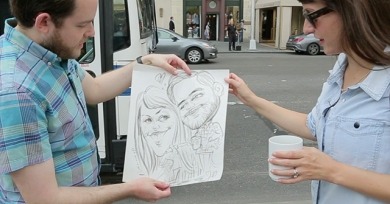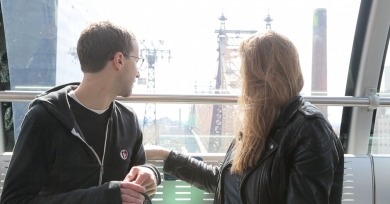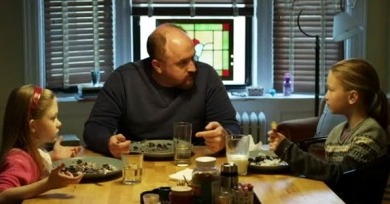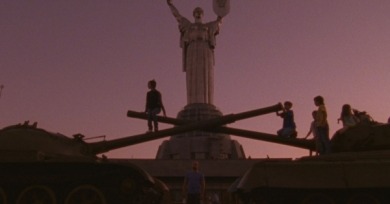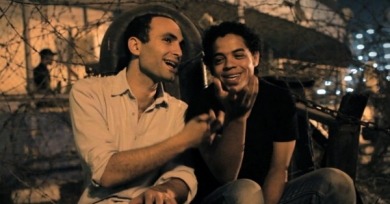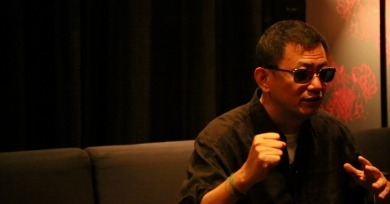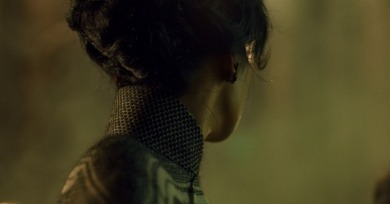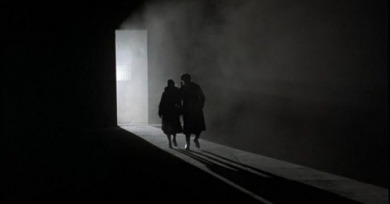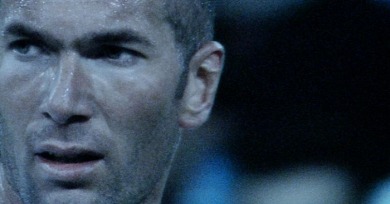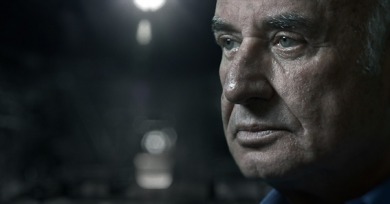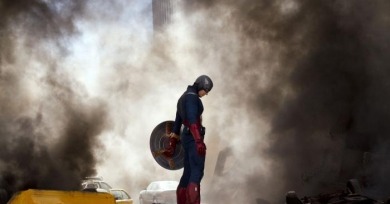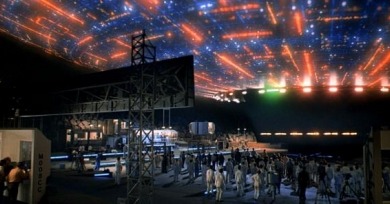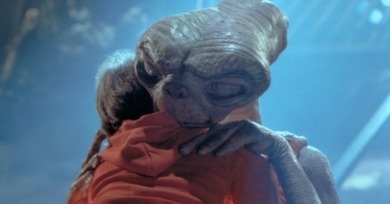Eric Hynes
In this Reverse Shot Talkie, host Eric Hynes takes filmmaker Robert Greene for a walk along the East River to talk about his new film, Actress.
The film opened fifteen months and nine furious days after September 11, 2001, when there was still a gaping wound in the ground, when regardless of whatever could be done “to build this city up again,” it was “mightily” and irrevocably changed.
In this Reverse Shot Talkie, host Eric Hynes takes French actor-director Mathieu Amalric up to Manhattan's High Line to talk about his new film, The Blue Room (out now from Sundance Selects), which is based on the steamy 1964 crime novel by Georges Simenon.
Opening with a slanted tracking descent out of Tarkovsky’s Ivan’s Childhood and closing with an emulsive transcendence reminiscent of Bergman’s Persona, Scorsese traces Jesus’s life from conflicted soul to spectacular abstraction.
Film festival programming isn’t, and frankly should never be, an exact science.
Mathieu Amalric’s fourth feature loyally and effectively adapts George Simenon’s heart-dagger of a novel, retaining its scrambled chronology, as well as its carefully scattered evidence, red herrings, turnabouts, and subjective perspectives on a murder that makes the plot go round.
For all of the evident relish Broomfield has for the chase, the bum-rushing of sources, the turning over of rocks, the without-a-net-leaping into hostile environments, he does seem to be motored by real discontent, disbelief, and dismay over whatever bullshit he’s being fed.
Martha Stephens and Aaron Katz talk about their new film Land Ho! while strolling through New York's Central Park.
Pacho Velez and Stephanie Spray revisit their film Manakamana while riding the Roosevelt Island Tram.
The feature film is exceptionally effective at tracing movement and development, at dramatizing and helping us to make self-contained sense of journeys from there to here, then to now, who he was to who he’s become. By contrast, this episode of Louie starts, and stays, in the here and now.
The True/False Film Fest, the little doc survey that takes place in Columbia, Missouri, every late winter, is among the best programs on the continent.
The characters that Noujaim selects for The Square prove to be more than symbolic, or bricks in the wall of the movement—they are major players in it, brainstorming ways of expressing and popularizing their goals simultaneous to the film employing them to do the same.
The legendary Hong Kong filmmaker sits down with host Eric Hynes to talk about his latest feature, The Grandmaster.
It has remained one of the most shattering moviegoing experiences of my life. In my recollection, and that of many others, the film is the consummate tale of unconsummated love.
The 1980s were rife with cinematic Trojan horses that proved more troubling and complex than their packaging, or pop cultural context, would indicate.
The true subject of the film—and of all works of cinema, whether or not they choose to address it—is time. Time elapsed, time remembered, time dictatorial and precious, time watched at 24 frames a second.
The power of Moreh’s film lies not in its subjects’ contrition, but in their collective cynicism, their shared sense of futility.
Superhero narratives historically depend upon the tension between the human and the superhuman—we can relate and we can’t, they’re one of us and they’re not—but this film quite literally takes place in the clouds.
Even with its big budget and mass-cult appeal, it still managed to feel like a film of the American maverick era, with one foot in the future, and the other in the dusty, post-hippie, faux-wood-on-a-station-wagon present.
Eight Reverse Shot writers revisit Steven Spielberg’s 1982 phenomenon.
